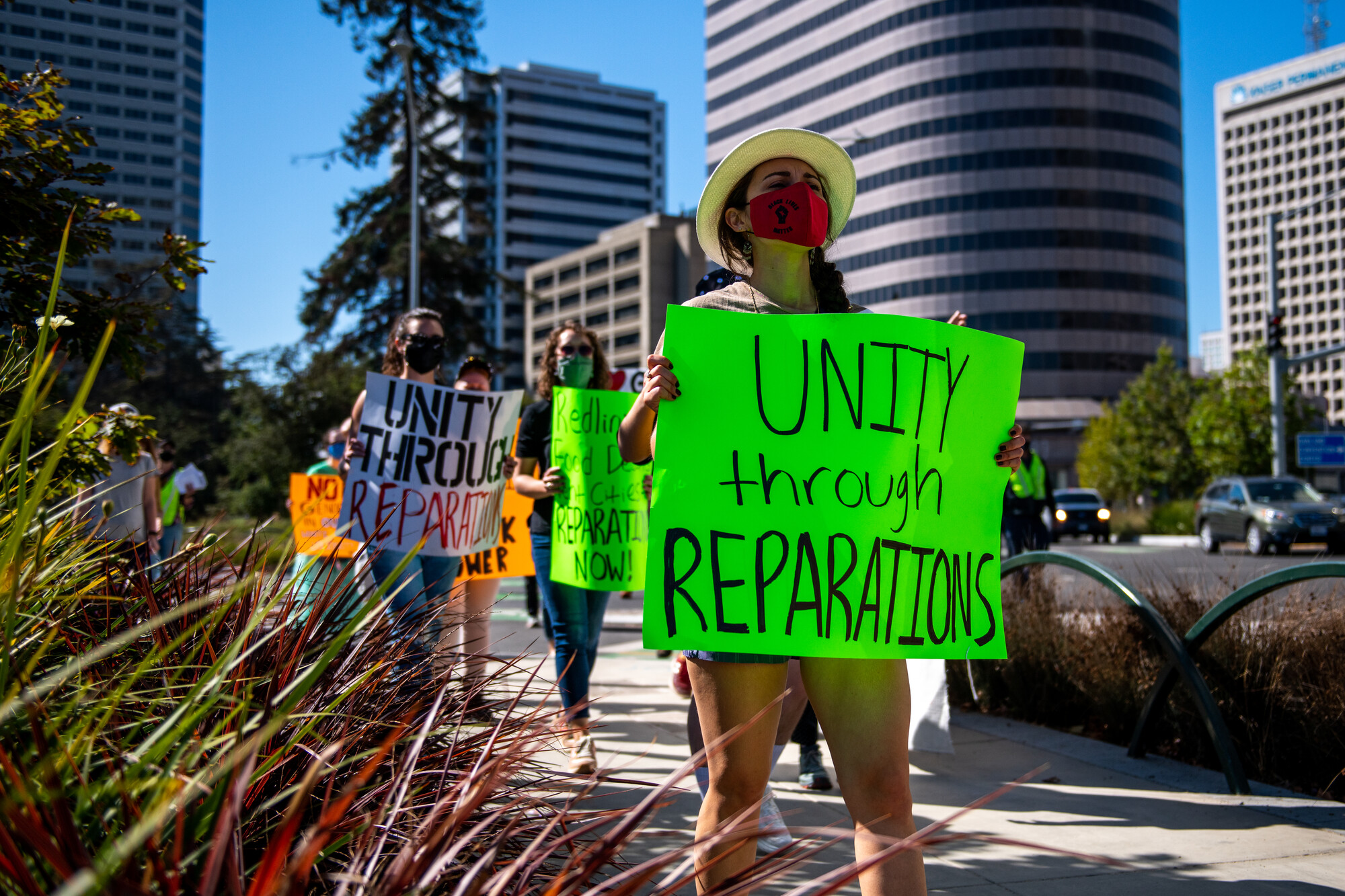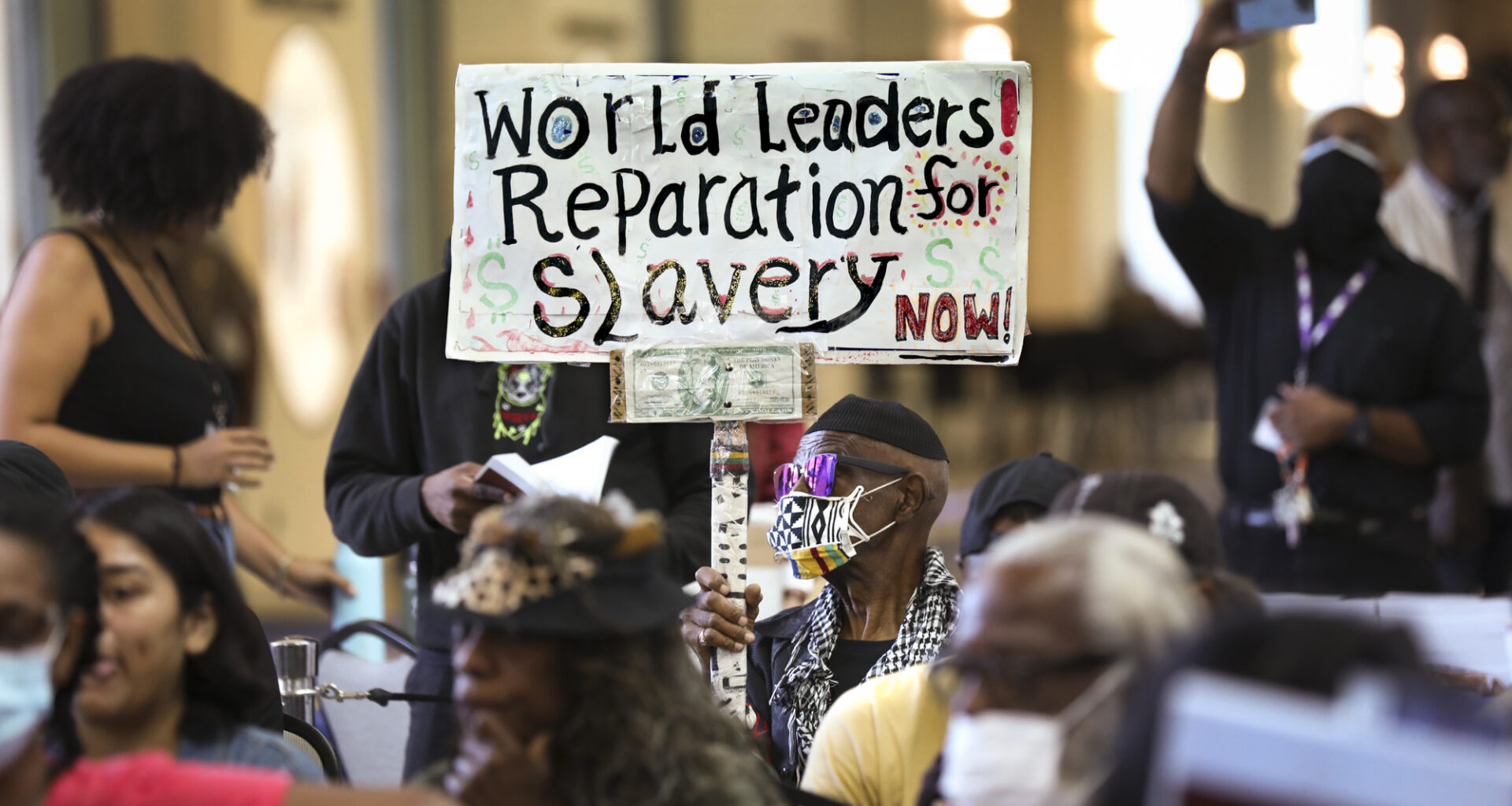This acknowledgment is an essential step towards reparations, signaling the state’s commitment to taking concrete actions to make things right.
Globally, we have seen the crucial role apologies play in paving the way for comprehensive reparations. In Canada, for example, standing outside the Parliament building in June 2008 when Prime Minister Stephen Harper apologized for Indian Residential Schools and its assimilationist policy designed to “kill the Indian in the child,” I witnessed the impact it had on the members of different tribal nations present — and how it spurred the Truth and Reconciliation Commission, and ongoing efforts to achieve comprehensive reparations for Indigenous Canadians.
Looking beyond our borders underscores that reparations require many steps and iterations. In Chile, it took over 30 years of negotiations and several rounds of legislation to implement reparations through health care benefits, pension plans, educational scholarships and other measures.
In the U.S., it took nearly 50 years of advocacy for reparations for Japanese Americans to become a reality. After Congress and President Jimmy Carter established the Commission on Wartime Relocation and Internment in 1980, it took almost a decade before President Ronald Reagan signed the Civil Liberties Act in 1988, leading to the first payment being issued in 1990.
 Demonstrators march in support of reparations for African people in Oakland on Oct. 16, 2021, organized by the Uhuru Movement. (Beth LaBerge/KQED)
Demonstrators march in support of reparations for African people in Oakland on Oct. 16, 2021, organized by the Uhuru Movement. (Beth LaBerge/KQED)
Considering that the country’s violations against Black Americans spanned more than 400 years, it will take more than one or two legislative cycles to redress and repair these harms.
While this work takes time, those whose rights have been and continue to be violated deserve to see meaningful changes now. We all share a responsibility to make this journey — this process — reparatory itself by staying unified, respectful and focused on progress. In this political landscape, all eyes are on California and Newsom. His follow-through on the commitment he made in 2021 when he convened the task force is pivotal to the process.
By leading by example, he can continue to distinguish himself by guiding a reparatory process that unites and makes reparations both common sense and commonplace. Together, we can — and we will — build a more just and equitable society for all.
 Virginie Ladisch
Virginie Ladisch
Virginie Ladisch is senior director of state and local initiatives at Liberation Ventures, a field catalyst in the U.S. movement for reparations for slavery and its legacies. She has over 20 years of experience supporting truth-telling and reparations processes around the world, including in Australia, Canada, Chile, Colombia, Côte d’Ivoire, The Gambia, Kenya, Tunisia and Uganda.

